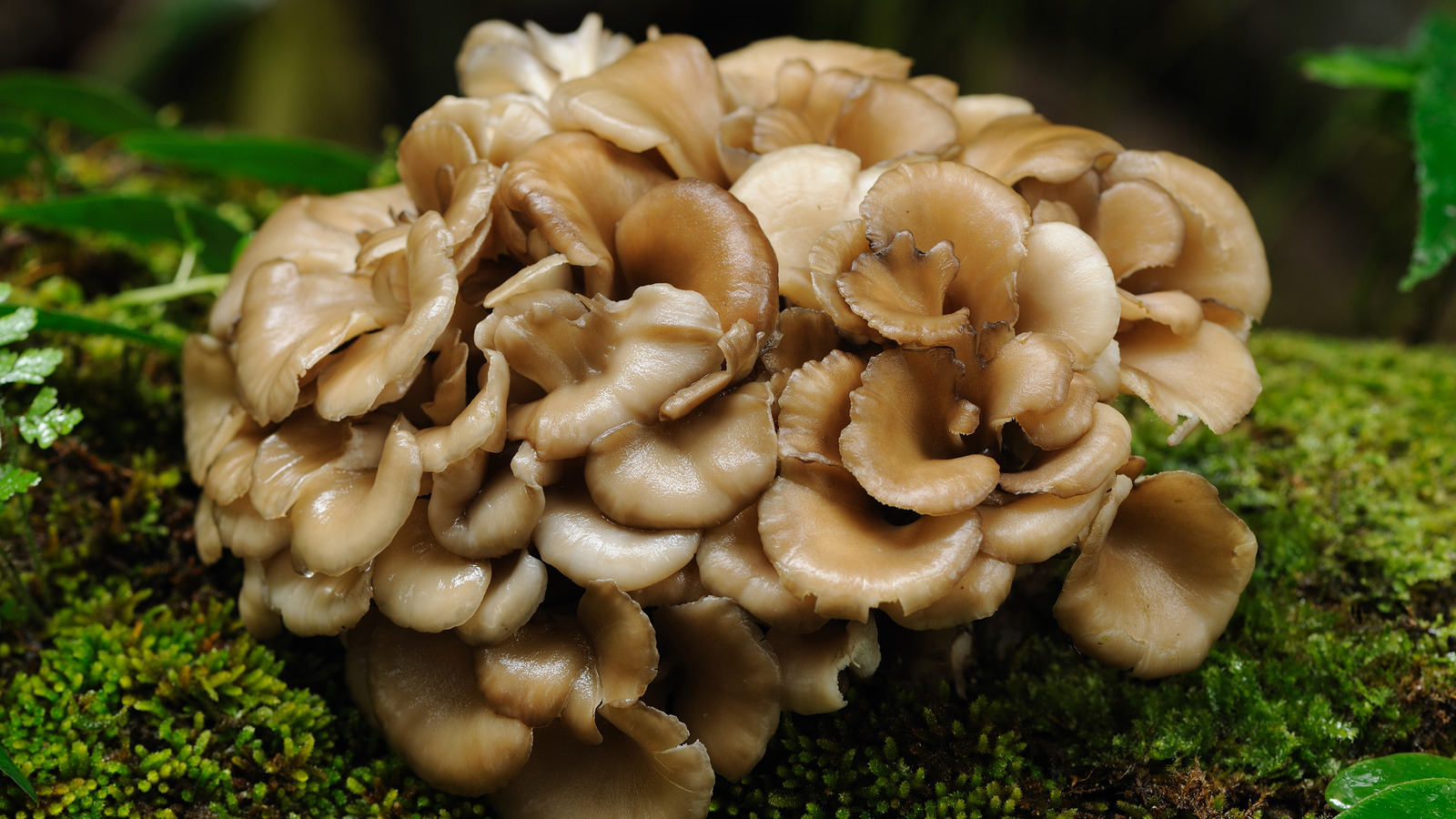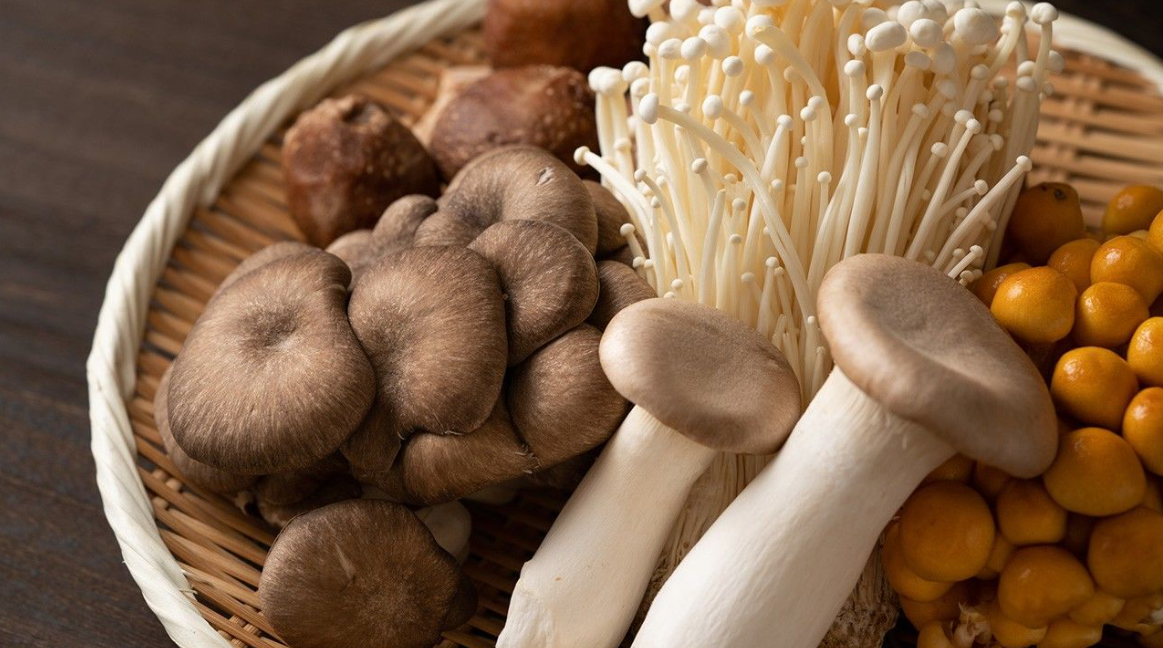The Comprehensive Guide to the Benefits of Lion’s Mane Functional Mushrooms
Introduction
Lion’s Mane mushrooms, scientifically known as Hericium erinaceus, are a unique and captivating functional mushroom species with a long history of use in traditional Chinese and Japanese medicine. This mushroom, named for its shaggy appearance resembling a lion’s mane, has gained considerable attention for its potential health benefits. In this comprehensive guide, we will delve into the extraordinary properties and numerous advantages of Lion’s Mane functional mushrooms. From their historical usage to the latest scientific research supporting their role in enhancing overall well-being, this guide aims to provide valuable insights into the world of this remarkable fungal treasure.
The History and Cultural Significance of Lion’s Mane Mushrooms
Lion’s Mane mushrooms have been a staple in traditional Chinese and Japanese medicine for centuries. In these cultures, Lion’s Mane is regarded as a symbol of longevity and vitality, and it has been treasured for its potential health benefits.
In Chinese herbal medicine, Lion’s Mane is often referred to as “Hou Tou Gu” or “Monkey Head Mushroom.” Similarly, in Japan, it is known as “Yamabushitake” or “Mountain Priest Mushroom.” These names reflect the mushroom’s historical importance and reverence.
The traditional uses of Lion’s Mane encompass various health benefits, including its potential to support brain health, boost the immune system, and improve digestive function. These traditions have persisted through the ages and continue to influence the modern understanding of Lion’s Mane’s therapeutic potential.
The Botanical Profile of Lion’s Mane Mushrooms
Lion’s Mane mushrooms are a unique fungal species known for their distinct appearance. They have cascading, icicle-like spines that give them the appearance of a lion’s mane, which is the source of their common name. The mushrooms are typically white or ivory in color.
The active compounds responsible for Lion’s Mane’s potential health benefits are primarily beta-glucans and hericenones. These compounds have attracted scientific interest for their neuroprotective, anti-inflammatory, and immune-boosting properties.
Lion’s Mane mushrooms can be found growing on hardwood trees in various parts of the world, including North America, Europe, and Asia. They are often cultivated and harvested for both culinary and medicinal purposes.
The Potential Health Benefits of Lion’s Mane Mushrooms
Lion’s Mane mushrooms have been associated with a range of potential health benefits, many of which are supported by scientific research. While ongoing studies are expanding our understanding of these benefits, the following are some of the potential advantages attributed to Lion’s Mane:
- Cognitive Enhancement: Lion’s Mane is renowned for its potential to support brain health. It contains compounds that may stimulate the production of nerve growth factor (NGF), which plays a crucial role in brain function, neurogenesis, and cognitive health. This makes Lion’s Mane a promising candidate for enhancing memory, focus, and overall mental clarity.
- Nervous System Support: The NGF-promoting properties of Lion’s Mane can benefit the nervous system, potentially providing relief for individuals with neurodegenerative conditions or nerve-related issues.
- Anti-Inflammatory Effects: Lion’s Mane mushrooms are known for their anti-inflammatory properties, which can help reduce inflammation throughout the body and potentially support individuals with chronic inflammatory conditions.
- Immune Boost: Lion’s Mane contains beta-glucans that have immune-enhancing properties. These compounds stimulate the immune system and help protect the body from infections and diseases.
- Digestive Health: Lion’s Mane may support digestive health by promoting the growth of beneficial gut bacteria and reducing inflammation in the gastrointestinal tract. This can be beneficial for individuals with digestive conditions.
- Antioxidant Protection: The hericenones in Lion’s Mane have antioxidant effects, helping to protect cells from oxidative damage and reduce the risk of age-related diseases.
- Stress Reduction: Lion’s Mane is considered an adaptogen, which means it may help the body adapt to and manage stress. This can contribute to reduced stress-related health issues.
Scientific Research on Lion’s Mane’s Benefits
Numerous scientific studies have explored the potential health benefits of Lion’s Mane mushrooms. Some of the research findings include:
- Cognitive Health: A study published in the International Journal of Molecular Sciences (2014) highlighted the potential of Lion’s Mane in enhancing cognitive function and memory. The researchers noted that Lion’s Mane extract showed promise in promoting nerve growth factor (NGF) production.
- Neuroprotective Effects: Research published in the Journal of Agricultural and Food Chemistry (2010) indicated that Lion’s Mane may have neuroprotective effects against oxidative stress, which is implicated in neurodegenerative diseases.
- Immune Support: A study published in the Journal of Traditional and Complementary Medicine (2013) suggested that Lion’s Mane extract could enhance the immune response by increasing the activity of immune cells.
- Gut Health: Research in the International Journal of Molecular Sciences (2017) explored the prebiotic potential of Lion’s Mane, indicating that it may help improve gut health by supporting the growth of beneficial gut bacteria.
- Anti-Inflammatory Properties: Studies, such as one published in the International Journal of Medicinal Mushrooms (2015), have indicated that Lion’s Mane may possess anti-inflammatory effects, making it a potential candidate for managing inflammation-related conditions.
How to Incorporate Lion’s Mane Mushrooms into Your Wellness Routine
Lion’s Mane mushrooms can be included in your wellness routine through various forms, each offering unique benefits
- Lion’s Mane Supplements: Lion’s Mane supplements are available in the form of capsules, tablets, or tinctures, providing a convenient way to incorporate this mushroom into your daily routine. Follow the recommended dosage on the product label.
- Lion’s Mane Tea: Lion’s Mane mushroom tea can be prepared by steeping dried Lion’s Mane slices in hot water. This soothing tea is a popular choice for those seeking the potential benefits of this functional mushroom.
- Lion’s Mane Powder: Lion’s Mane mushroom powder can be added to smoothies, coffee, or recipes, offering a versatile way to enjoy its potential advantages.
- Lion’s Mane Extracts: Lion’s Mane extracts are highly concentrated and potent. They can be added to beverages or taken sublingually for quick absorption.
- Dried Lion’s Mane Slices: Whole dried Lion’s Mane mushroom slices can be used to make tea or incorporated into cooking for their potential health benefits.
When selecting Lion’s Mane products, it’s essential to choose high-quality options from reputable sources that provide organically sourced mushrooms. It’s also important to follow recommended dosages and consult with a healthcare professional if you have specific health concerns or conditions.
Potential Side Effects and Precautions
Lion’s Mane mushrooms are generally considered safe for most individuals when used in moderation. However, some considerations should be kept in mind:
- Allergic Reactions: Some individuals may be sensitive or allergic to Lion’s Mane mushrooms. If you’re using Lion’s Mane for the first time, start with a small dose to assess your tolerance.
- Interactions: Lion’s Mane supplements may interact with certain medications or medical conditions. If you’re taking medication or have underlying health concerns, consult with a healthcare provider before using Lion’s Mane.
- Digestive Discomfort: In some cases, Lion’s Mane supplements can cause mild digestive discomfort, such as diarrhea or upset stomach. If you experience such symptoms, reduce the dosage or discontinue use.
- Pregnancy and Breastfeeding: Pregnant or breastfeeding individuals should consult with a healthcare provider before using Lion’s Mane supplements to ensure safety.
Conclusion
Lion’s Mane functional mushrooms, celebrated for their potential health benefits, have a rich history in traditional medicine and are supported by modern scientific research. From cognitive enhancement to immune support, anti-inflammatory effects, digestive health, and stress reduction, Lion’s Mane offers a wide range of potential advantages that can enhance your overall well-being.
When considering Lion’s Mane as part of your wellness routine, it’s essential to choose high-quality products, follow recommended dosages, and consult with a healthcare professional if you have specific health concerns or questions. As research continues to uncover the remarkable properties of Lion’s Mane, incorporating this “mushroom of immortality” into your lifestyle may be a valuable step toward promoting a healthier and more balanced life.




